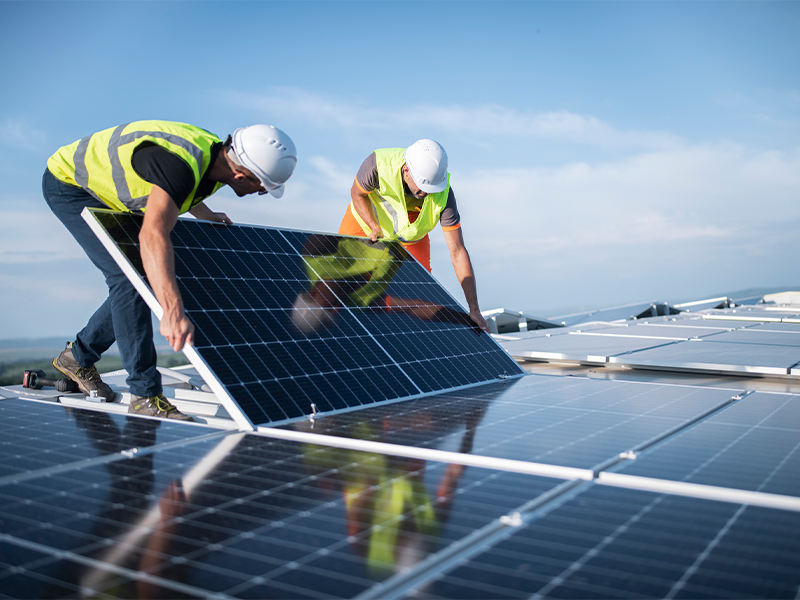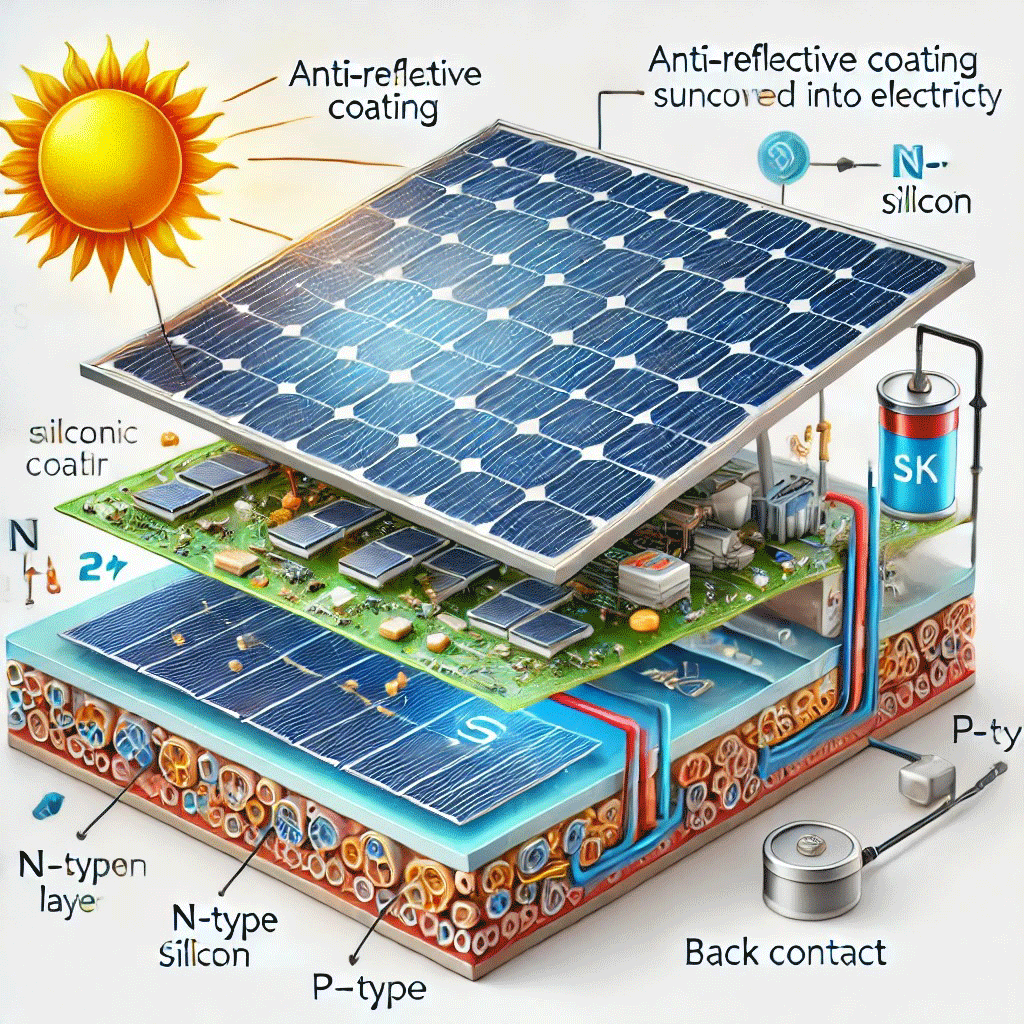Discover Simply Solar Illinois for Affordable Renewable Energy
Discover Simply Solar Illinois for Affordable Renewable Energy
Blog Article
Exactly How Solar Power Can Aid You Save Money and Minimize Your Carbon Impact
The combination of solar power into your power portfolio offers an engaging opportunity for both economic cost savings and environmental stewardship. As numerous government motivations end up being available, the inquiry develops: just how can one efficiently browse the initial investments and recurring benefits of solar modern technology to maximize both financial and environmental gains?
Recognizing Solar Power Cost Savings
While the transition to solar power frequently includes a first investment, recognizing solar power cost savings is crucial for house owners and organizations alike. Solar energy systems can significantly minimize power bills by using the sun's power, equating right into substantial long-term monetary benefits. By producing their own power, users reduce reliance on grid power, which is subject to rising and fall prices. These savings can collect with time, frequently resulting in a quick roi.
Furthermore, solar power systems may get approved for different financial motivations, consisting of tax credit reports and rebates, even more boosting their cost-effectiveness. The availability of internet metering enables users to market excess power back to the grid, developing an additional earnings stream. These variables add to the overall cost savings connected with solar power.

In enhancement to route financial savings, solar energy provides the added advantage of raising home worth. Residences outfitted with solar panels are often much more attractive to buyers, as they promise lower power prices - Simply Solar Illinois. Understanding these components is essential for anyone considering solar energy, as it highlights not simply the prospective monetary gains, yet additionally the more comprehensive ecological and economic advantages of taking on renewable resource options
Preliminary Costs vs. Long-Term Advantages
When assessing solar power, it is very important to consider the preliminary expenses versus the long-lasting benefits. The upfront financial investment for photovoltaic panels, installment, and associated devices can be considerable, usually varying from $15,000 to $30,000, depending on the system size and home power requirements. This initial expenditure might hinder some home owners; however, it is important to think about the possible cost savings over time.
As soon as mounted, solar energy systems can considerably reduce or perhaps get rid of month-to-month electrical power expenses, causing substantial lasting financial benefits. Researches suggest that homeowners can save anywhere from $10,000 to $30,000 over the life-span of their solar system, commonly 25 years. Additionally, many states use motivations, tax debts, and refunds that can counter preliminary prices, making solar much more obtainable.

Lowering Your Carbon Impact
Minimizing your carbon footprint is an essential consideration in today's eco conscious culture, and taking on solar energy is just one of the most reliable methods to accomplish this goal. Solar power is a clean, sustainable source that significantly lessens reliance on nonrenewable fuel sources, which are significant factors to greenhouse gas emissions.

Moreover, the widespread adoption of solar technology encourages the advancement of green work and supports technologies in energy storage space and efficiency. The even more individuals and companies purchase solar power, the better the collective decrease link in carbon emissions, cultivating a cleaner ambience for future generations.
Government Motivations and Rebates
Taking on solar energy not just benefits the atmosphere yet can also bring about considerable financial cost savings, specifically with the availability of federal government motivations and rebates. Numerous government, state, and local programs are developed to motivate homeowners and services to spend in solar energy systems, making the transition more affordable.
Among the most famous rewards is the Federal Investment Tax Credit History (ITC), which enables planetary system proprietors to subtract a considerable portion of the installation expenses from their federal taxes. This incentive has been essential in reducing the in advance costs connected with solar power systems. Furthermore, many states offer their own tax credits, grants, and refunds that can additionally boost financial savings.
In addition, some neighborhood federal governments supply real estate tax exemptions for solar installments, ensuring that homeowners do not encounter raised building tax obligations as a result of their renewable resource investments. Energy firms may also provide motivations, including net metering and feed-in tolls, which allow solar power users to market excess power back to the grid.
Picking the Right Planetary System
Selecting the ideal planetary system is critical for optimizing energy effectiveness and monetary benefits. The choice rests on a number of aspects, consisting of energy needs, budget, and available area. House owners must start by assessing their electricity usage to establish the system size required for this website optimal efficiency.
Next, take into consideration the various kinds of solar modern technologies readily available. Simply Solar Illinois. Photovoltaic (PV) panels are the most usual, transforming sunlight straight right into electrical power, while solar thermal systems concentrate on home heating water. Each type has distinct advantages depending on private demands
Budget considerations are also critical. First setup expenses can differ considerably, so it's vital to compare quotes from multiple carriers and discover financing alternatives. Government incentives and rebates can additionally minimize the economic problem, making planetary systems more easily accessible.
Conclusion
The ecological benefits of solar power contribute to sustainable techniques critical for combating climate adjustment. Government motivations boost the usefulness of solar technology fostering, encouraging a transition towards a cleaner, extra financially effective power resource.
Report this page